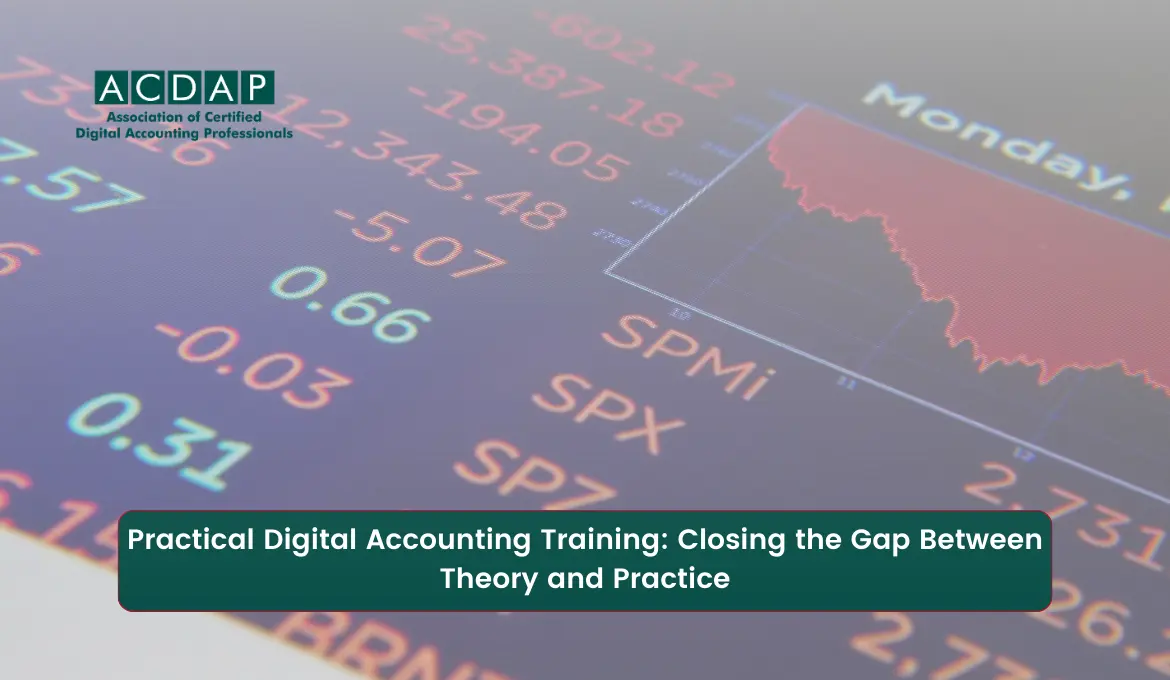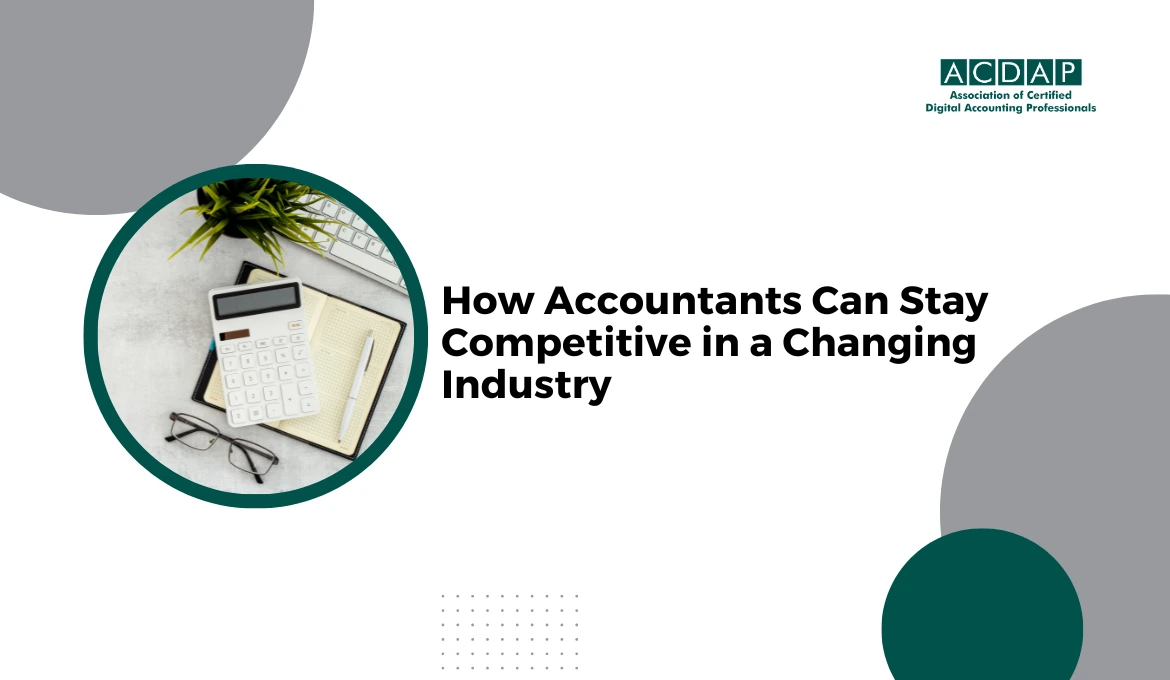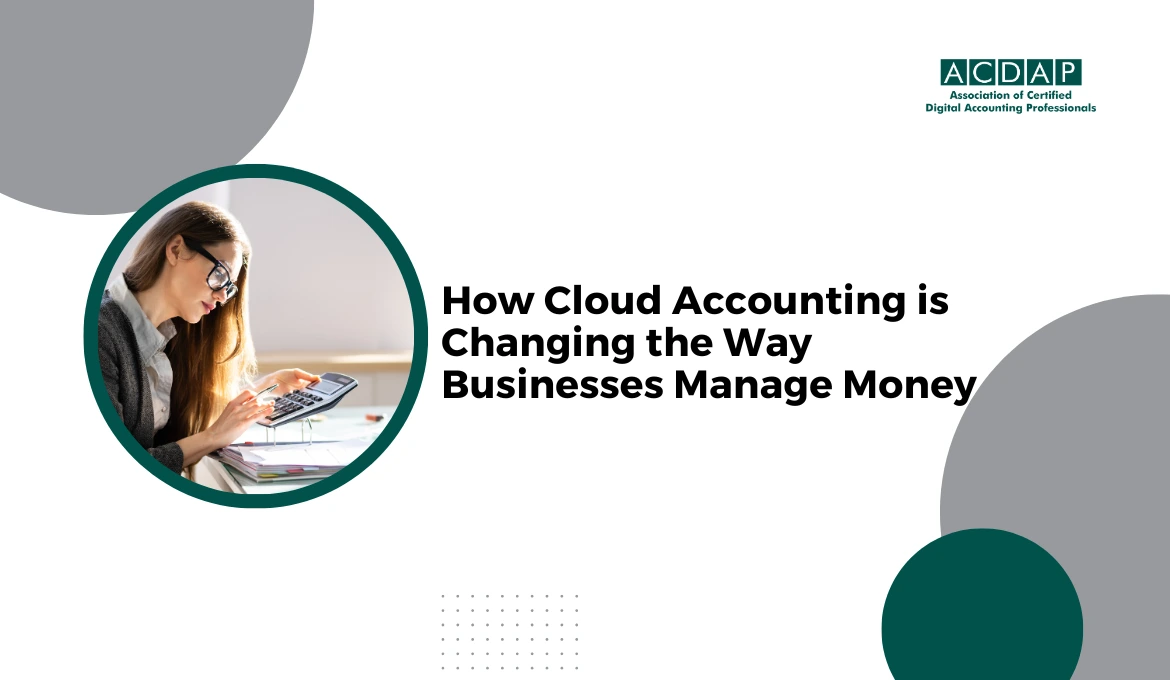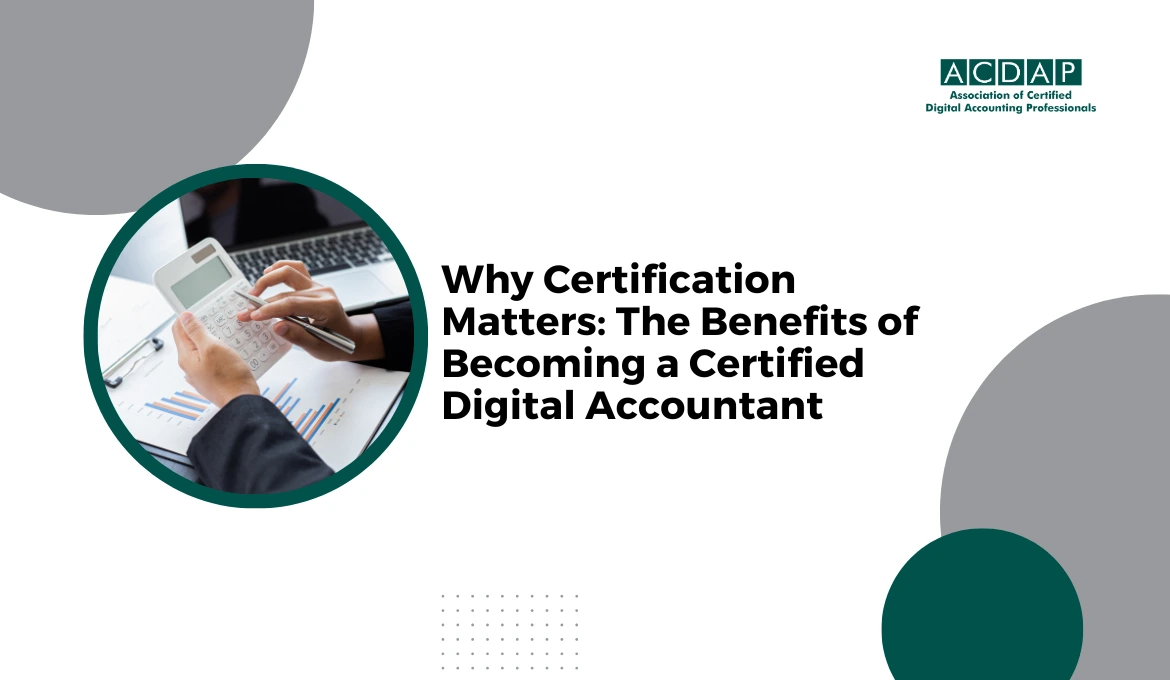Adopting digital accounting practices has become imperative in today's ever-evolving financial landscape. However, transitioning from traditional methods to digital accounting faces a significant hurdle: the theory-practice gap in accounting education.
The Theory-Practice Gap in Accounting Education
- Understanding the Disparity: Accounting education often emphasises theoretical concepts over practical applications. Students grasp accounting theories but need hands-on experience with digital tools and software commonly used in the industry. This gap impacts their preparedness to navigate the increasingly digital accounting sphere.
- Impact on Professionals: This disparity between theory and practice leads to a workforce entering the field without the necessary digital accounting skills. As a result, professionals may need to be more adequately prepared to leverage modern accounting software, perform data analysis, or address cybersecurity challenges.
Addressing the Gap: Practical Training Strategies
- Integration of Technology in Education: Efforts to bridge this gap include integrating digital tools and software, such as QuickBooks, Xero, or Sage, into accounting courses. Providing exposure to these platforms allows students to familiarise themselves with real-world applications.
- Simulations and Case Studies: Embracing real-life scenarios through simulations and case studies immerses students in practical accounting dilemmas. This method encourages critical thinking and problem-solving skills, preparing students for challenges they might face in their professional careers.
- Internships and Experiential Learning: Facilitating internships or co-op programs enable students to gain firsthand experience in accounting practices. Working within natural accounting settings exposes them to the intricacies of the profession, fostering practical competencies and bolstering their CVs.
Critical Components of Practical Digital Accounting Training
- Software Proficiency: Proficiency in using accounting software is crucial. Mastery of software like QuickBooks, Xero, or Sage enhances efficiency in financial reporting, transaction recording, and budgeting tasks.
- Data Analytics and Interpretation: Understanding data analytics tools like Excel or Tableau empowers accountants to interpret financial data accurately. Analytical skills enable professionals to derive insights from complex datasets, facilitating informed decision-making.
- Cybersecurity and Ethical Practices: Recognising cybersecurity risks and adhering to ethical standards are integral to modern accounting. Training should include modules on safeguarding sensitive financial information and ethical considerations in financial reporting.
Industry Collaboration and Certification
- Partnerships with Industry: Collaborations between educational institutions and accounting firms or corporations offer students exposure to real-world accounting practices. Partnering allows students to engage in real projects, enhancing their readiness for professional roles.
- Professional Certifications: Professional certifications such as CPA (Certified Public Accountant) or ACCA (Association of Chartered Certified Accountants) endorse practical accounting proficiency. Employers frequently regard these certifications as tangible proof of competence in the field.
Closing the Gap: Benefits and Challenges
- Benefits of Practical Training: Practical training in accounting translates to higher employability, smoother transitions into the workforce, and improved decision-making abilities. Professionals equipped with practical skills become assets to organisations, contributing to business growth.
- Challenges in Implementation: Implementing practical training requires more resources, curriculum restructuring, and faculty training. Overcoming these challenges requires commitment from educational institutions and a shift in pedagogical approaches.
The Future of Practical Digital Accounting Training
- Technology-Centric Education: The future of accounting education lies in leveraging technology to offer immersive, practical learning experiences. Simulation-based learning, remote labs, and interactive platforms will likely shape the future of accounting education.
- Continuous Learning and Adaptation: Given the dynamic nature of accounting and technology, professionals must embrace continuous learning. Adaptability to new tools and practices will be pivotal in staying relevant in the evolving accounting landscape.
Wrap-up
Bridging the theory-practice gap in accounting education is pivotal for producing skilled professionals. Integrating practical digital accounting training into curriculums equips students with the competencies to thrive in the modern accounting ecosystem.


























